Your baby is now officially an embryo and is about the size of a poppy seed.
Please visit www.nhs.uk/conditions/pregnancy-and-baby/4-weeks-pregnant/ for more information.
Local Maternity and Neonatal System
View navigation
After the birth
After you have had your baby, the hospital will check to make sure that their blood glucose does not go too low (neonatal hypoglycaemia) which can happen in the first few hours after birth. You may have to stay in the hospital for longer than you had planned so that your baby can be monitored.
For most women their blood glucose levels return to normal after labour, so if you’re taking diabetes medication, this will be stopped immediately after birth.
However, in some cases, pregnancy uncovers existing diabetes, so some women will need to continue to receive treatment for their condition.
Having gestational diabetes increases your risk of developing Type 2 diabetes later in life; therefore, you are also at increased risk of developing gestational diabetes in a future pregnancy, it is important to continue to follow a healthy diet and lifestyle and aim to maintain a healthy weight after the birth of your baby.
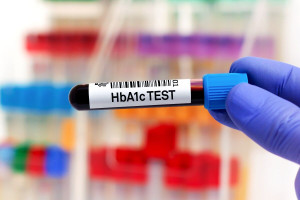 You should attend your surgery to have a 6-week fasting blood glucose test and possibly a 12-week HbA1c test.
You should attend your surgery to have a 6-week fasting blood glucose test and possibly a 12-week HbA1c test.
It is important that you have an annual HbA1c test to screen for diabetes now you have had gestational diabetes.
Speak with your health care team to see what support is available to you. These tests will be performed at your GP surgery.
It is very important that you book these tests soon after you have had your baby.
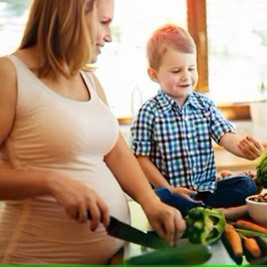

Your baby is now officially an embryo and is about the size of a poppy seed.
Please visit www.nhs.uk/conditions/pregnancy-and-baby/4-weeks-pregnant/ for more information.
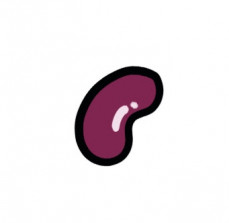
Your baby is now the size of a kidney bean and weighs 1g.
Please visit www.nhs.uk/conditions/pregnancy-and-baby/8-weeks-pregnant/ for more information.
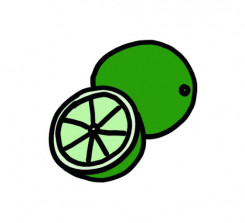
Welcome to the second trimester!
Your baby is about the size of a small lime and weighs approximately 14g.
You have hopefully seen your midwife for your 'booking in' appointment, if you have not yet seen a midwife please make an appointment quickly, so you can have all of your choices about screening tests explained and offered to you.
Please visit www.nhs.uk/conditions/pregnancy-and-baby/12-weeks-pregnant/ for more information. You can also link to the 'Pregnancy Journey' area here.

Your baby is about the size of an avocado and weighs approximately 100g.
Please visit www.nhs.uk/conditions/pregnancy-and-baby/16-weeks-pregnant/ for more information.

Your baby has grown in length and is now the length of a small banana and weighs approximately 300g. Around this time you will be offered your '20 week' scan, also known as the 'anatomy' or 'anomaly' scan.Click here for more information about screening.
This is a also a good time to talk and sing to your bump as your baby can now hear sounds. This is great way for you and your partner/family to bond with your baby.
Please visit www.nhs.uk/conditions/pregnancy-and-baby/20-weeks-pregnant/ for more information.

Your baby has grown again to the approximate length of an ear of sweetcorn and weighs about 600g.
Please visit www.nhs.uk/conditions/pregnancy-and-baby/24-weeks-pregnant/ for more information.

Welcome to the third trimester!
Your baby is now approximately the weight of an aubergine; about 1kg and approximately 37cm in length.
Please visit www.nhs.uk/conditions/pregnancy-and-baby/28-weeks-pregnant/ for more information.
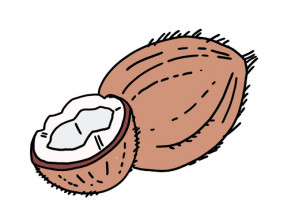
Your baby now weighs approximately the same as a coconut; around 1.5kg.
Please visit www.nhs.uk/conditions/pregnancy-and-baby/32-weeks-pregnant/ for more information.
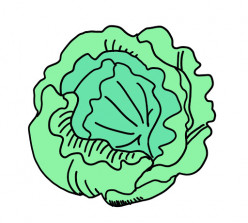
Your baby is now around the same size as a lettuce, approximately 47cm long and weighs around 2.6kg.
Please visit www.nhs.uk/conditions/pregnancy-and-baby/36-weeks-pregnant/ for more information.

Your baby is now the weight of a small watermelon which is approximately 3.3kg and around 50cm in length.
Please visit www.nhs.uk/conditions/pregnancy-and-baby/40-weeks-pregnant/ for more information.